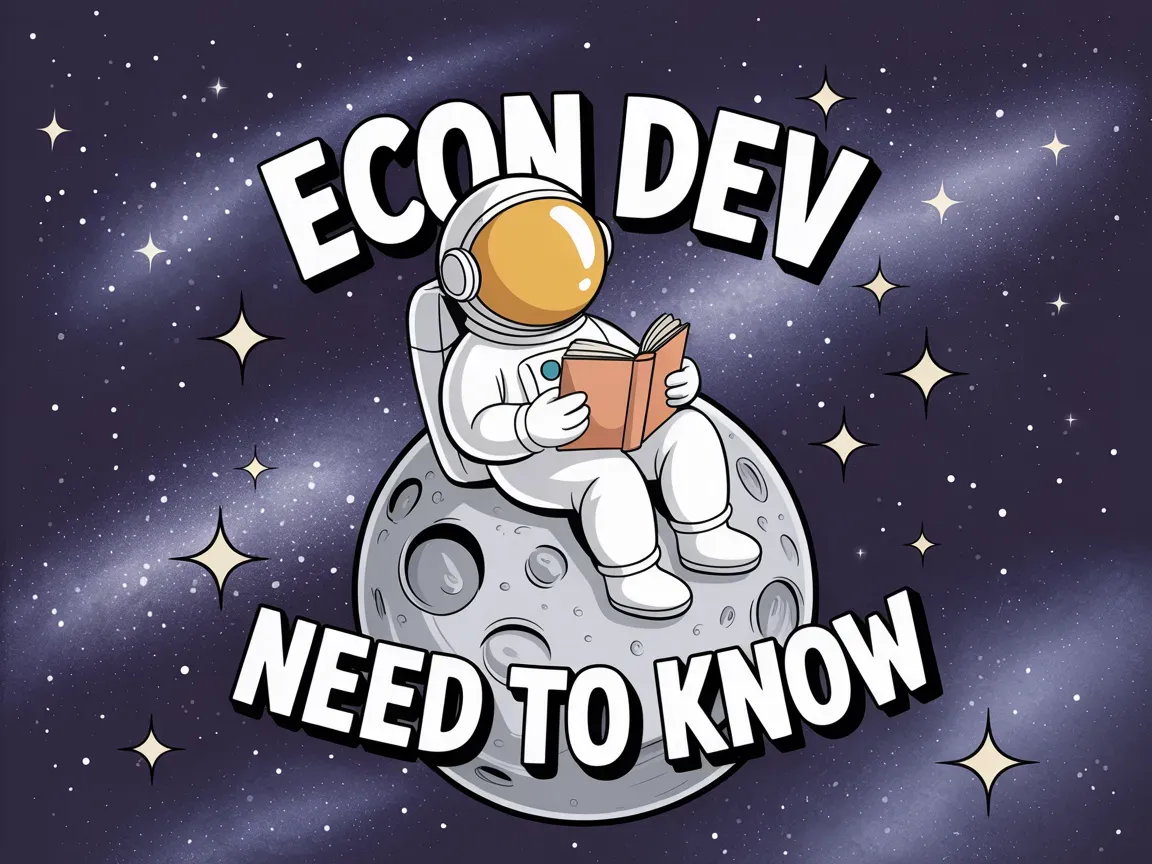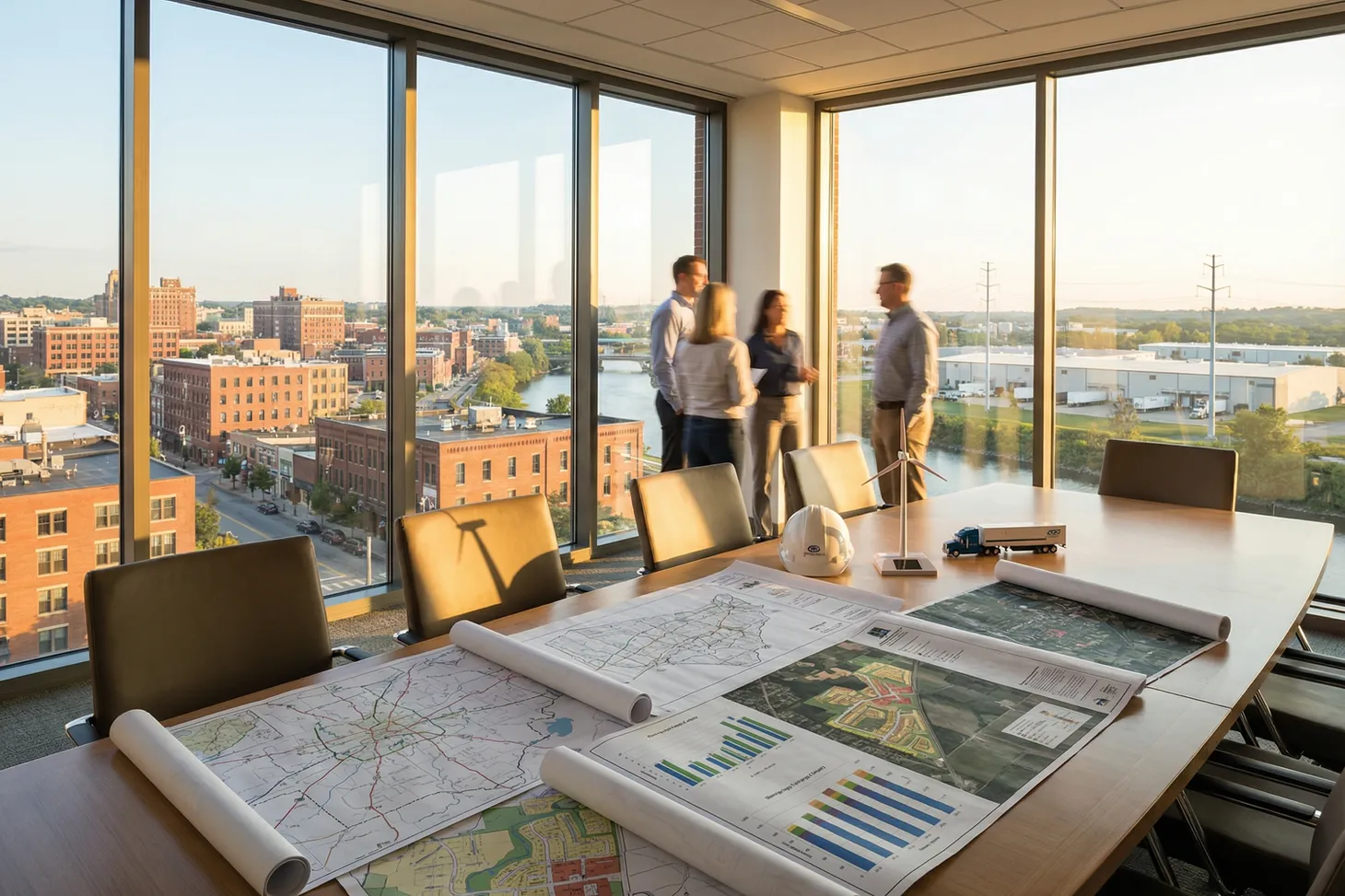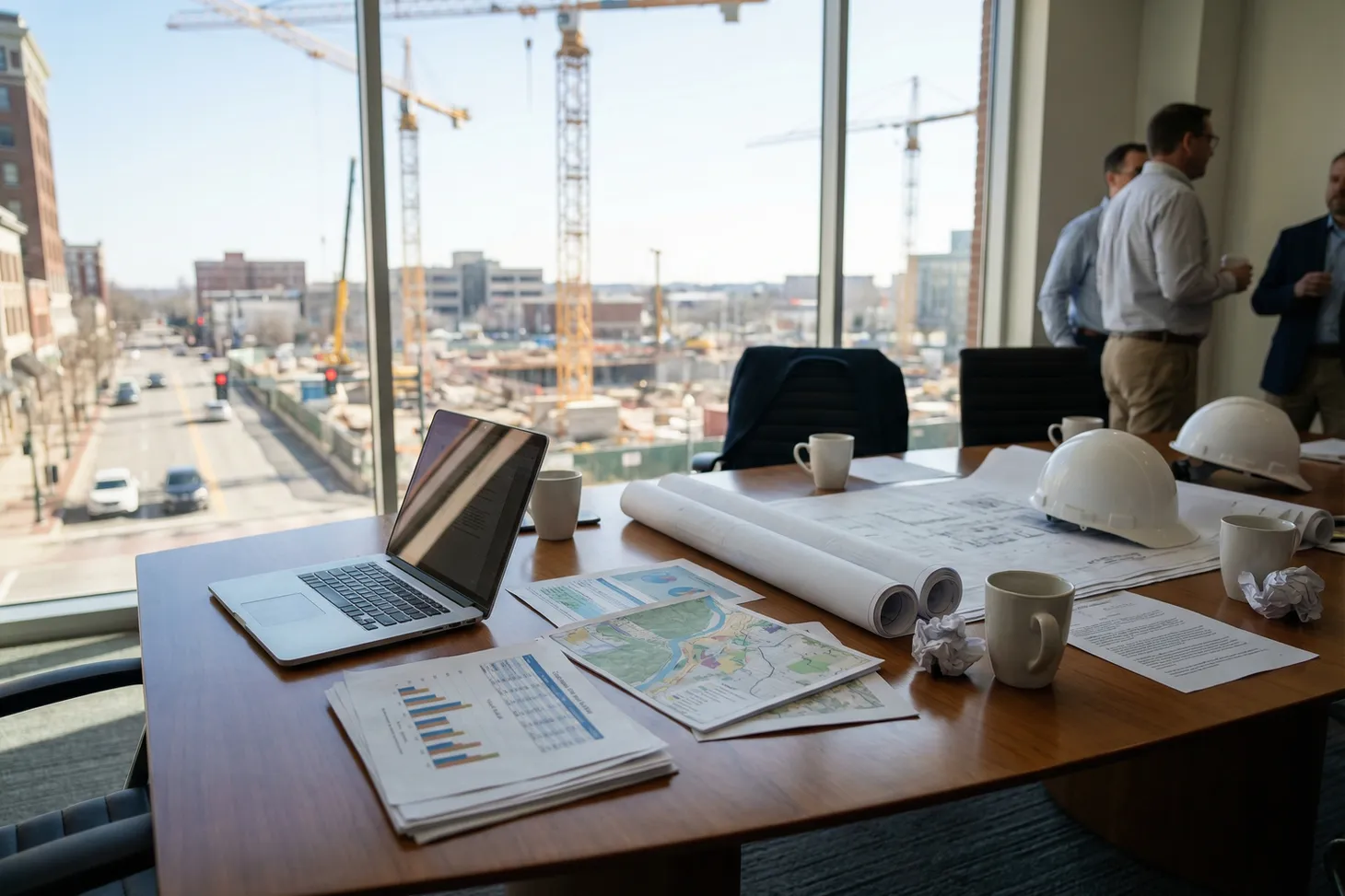Assorted Links Saturday
Growth and the environment, death of the job, DFW, historical infrastructure spending, the Buckeye State, and the coffee supply.

Table of Contents
Pro-growth isn’t anti-environment: Rising human prosperity can be be ecologically sustainable. De-growth is anti-human.
Vaccinated Democratic counties are leading the economic recovery: Data show America’s output is concentrated in counties that Biden won—which are better protected against delta.
The death of the job: What if paid work were no longer the centerpiece of American life?
Since about the 1940s, Americans have been encouraged to look to their jobs for nearly all of life’s necessities: a living wage, health insurance, and retirement benefits, as well as intangibles like friendship, identity, and a sense of purpose. But these benefits were never universal, and they became less and less common as the years went by.
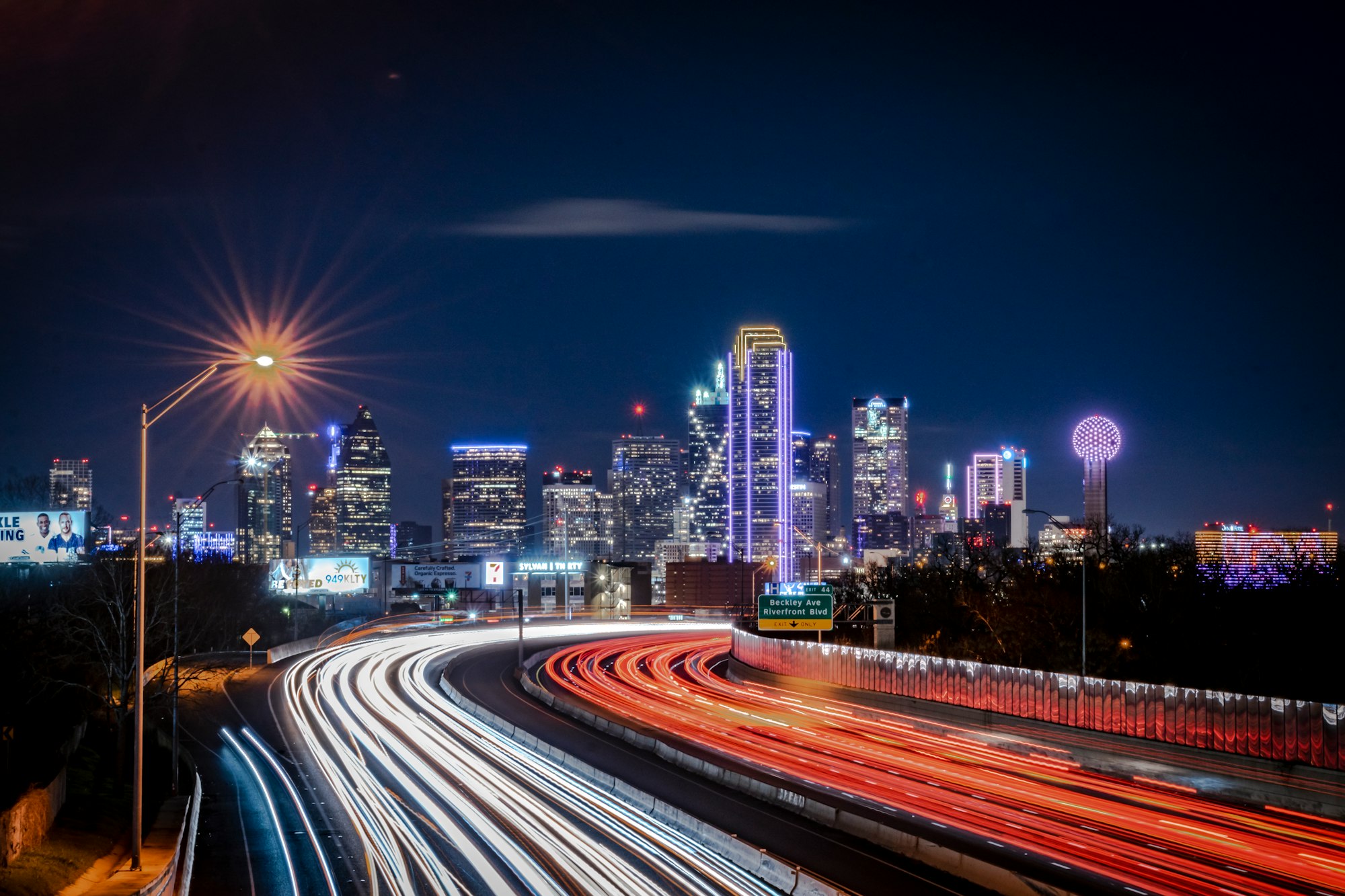
Dallas–Fort Worth is becoming the de facto capital of America’s Heartland: Today, Dallas is pulling away economically from the nation’s long-established urban centers because of a distinctive policy orientation: growth-friendly, with lighter-touch business regulation and lower taxes than longtime urban centers in the Northeast, the Midwest, or California
US history shows spending on infrastructure doesn’t always end well:
Over the past two centuries, federal, state, and municipal governments across the U.S. have launched wave after wave of infrastructure projects.
They built canals to move freight in the 1830s and 1840s. Governments subsidized railroads in the mid- and late 19th century. They created local sewage and water systems in the late 19th and early 20th centuries, and then dams and irrigation systems through much of the 20th century. During World War II, massive amounts of public money were spent building and expanding ports, factories, airfields, and shipyards. And after the war, highway construction -- long a state and local project -- became a federal endeavor.
Many of these projects did not end well. The problem wasn't that the country didn't need infrastructure---it did. And the troubles weren't the result of technical failures: By and large, Americans successfully built what they intended, and much of what they built still stands.
The real problems arose before anyone lifted a shovel of earth or raised a hammer. These problems stem from how hard it is to think ahead, and they are easy to ignore in the face of excitement about new spending, new construction, and increased employment.
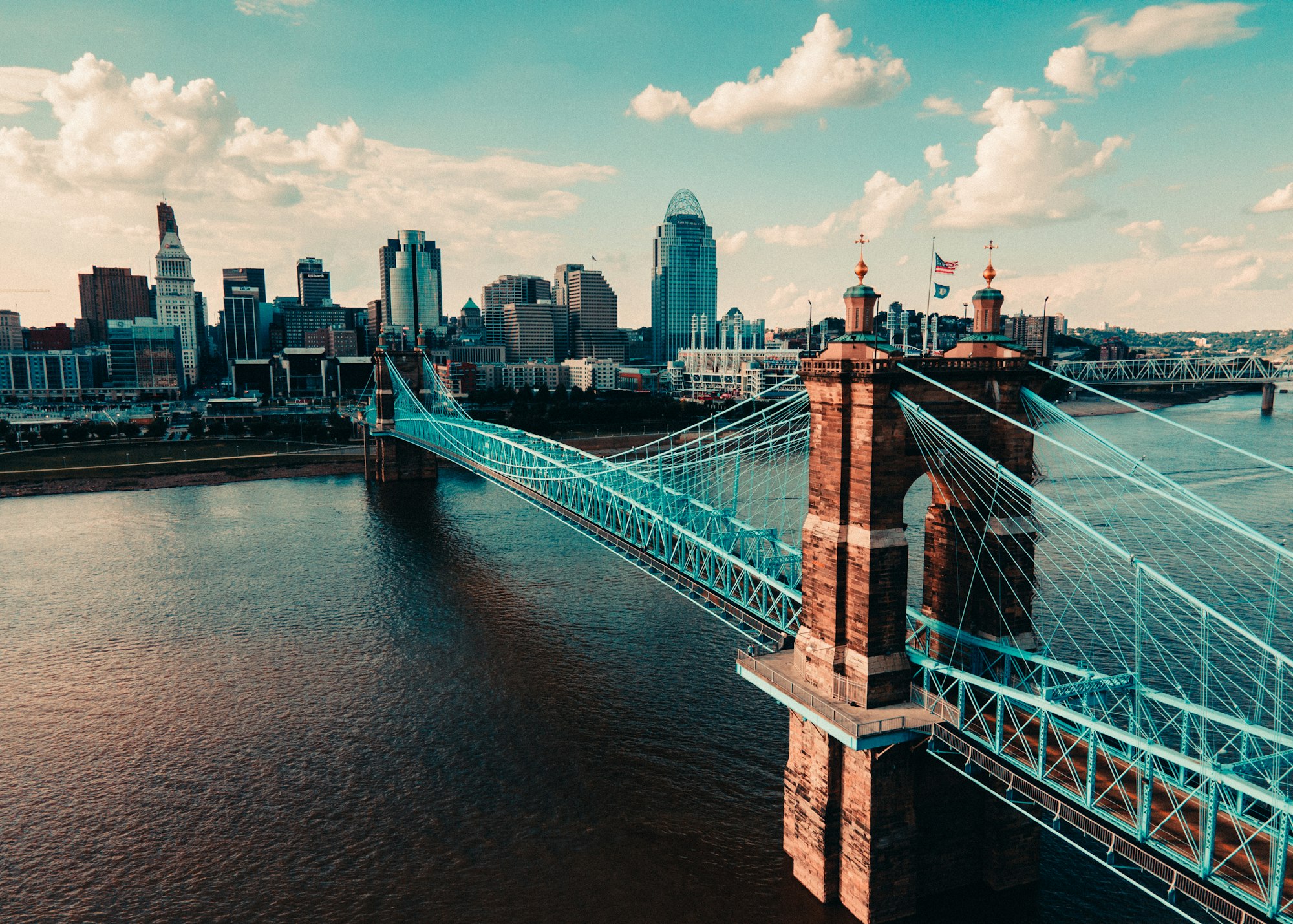
Even if you're not in the "Buckeye State," you might find this interesting 👉 How Ohio can become a leader in emerging technologies:
The report also features a list of specific actionable policy recommendations that Ohio should adopt to improve emerging technology regulations that impact regulatory sandboxes, broadband access, telehealth, autonomous and electric vehicles, drone deployment, digital services, data privacy, and appropriate visas for skilled workers
Not the ☕️☕️! Global coffee supply dealt fresh blow by COVID in Vietnam.
Why Fed's Powell still thinks high inflation is 'temporary': Federal Reserve Chair Jerome Powell on Friday pushed back against concerns that swiftly rising prices could become an enduring feature of the economy, forcing the U.S. central bank to raise interest rates and cut short the recovery.
Econ Dev Show Newsletter
Join the newsletter to receive the latest updates in your inbox.
